McCormick, Patrick
VISITOR’S VOICE
Interview with Dr. Patrick McCormick
When ‘the Field’ Becomes Home
Please tell us about your research.
The research I am working on while I am here at the Center for Southeast Asian Studies is a book project which I started many years ago. I am a historian working on Burmese history. I lived in Burma for sixteen years before having to leave because of the coup d’état in 2021, otherwise I would have stayed longer. So my perspective and my project are different from that of most other historians. I didn’t see myself as an outside researcher who was visiting the country for only a year or two, and would then return to the US or wherever to write up my findings.
Over the course of my time in Burma, I noticed the profound impact that British ideas and practices have had on so many aspects of people’s lives. Equally striking was how that situation seems to be normal and natural to most people living there—it’s not like in, say, India, where people have thought a lot more about colonization and decolonization.
My book project is about how British ideas and practices are key to how Burmese people understand their past and write their histories, for example, the idea of race (now called “ethnicity”). I argue that the British created this place called “Burma,” which is not the same as the kingdoms that went before it. My ideas are not that revolutionary—the British created India, the French Cambodia (what they called Cambodge) and the Dutch created Indonesia. It’s just that no one has talked about those processes in the context of Burma before.
How many research themes do you have?
I’ve outlined my main interest in history just now. I also have a project about Gordon Luce, one of the foundational British colonial scholars who wrote on Burma. I look at the idea of migration in his work, which reflected a larger idea in European thought at the time that the peoples of Asia had migrated from somewhere else.
I also have a few lines of research related to contact and historical linguistics. I have done some work on the dialects of Burmese, and have been meaning to look at the intersection between difference in language and the drive to assert ethnic difference. Also related to the Burmese dialects, I eventually want to do some analysis of features of their syntax.
I also have an abiding interest in the use of English in Burma. English is not a national language in Burma, and there is not the language fragmentation of a country like India. Yet English is everywhere and a sign of being educated.
Why do you find your research topic interesting?
To return to what I said a bit earlier, my research interests are not abstract—these were topics related to the people around me, and are aspects of phenomena that I could see all around. There are so many things that have not been talked about, or described, or thought about critically. It’s not like in, say, Thailand or Indonesia, much less India, where a sizeable number of scholars have built up generations of scholarship and research. There have been fewer intellectuals in Burma working on the humanities, and generally their research interests are not the same as those of international scholars.
Also remember that so many of the foreigners in Burma who write about the country do not speak the language, yet consider themselves experts. They write their reports or their books based on the same old ideas and interpretations, which keep getting recirculated. That reality has served as an impetus for me to think more deeply about these topics.
How did you get started in your research and how did you come to focus on your current research?
My research started before I moved to Burma full time in 2006. I started learning Burmese in 1995, but even before then I had been exposed to the country when I took some classes on Southeast Asian history at university. I was initially interested in the Mon people and their language—today they live mainly in Burma, but there are many people of Mon ancestry and Mon migrants from Burma living in Thailand, too. It was from my initial interest in Mons that I came to my research, then living in Burma I saw that much of the thinking and the processes that I had seen among them were also present among other ethnic minority groups, and in fact, present generally in the wider society.
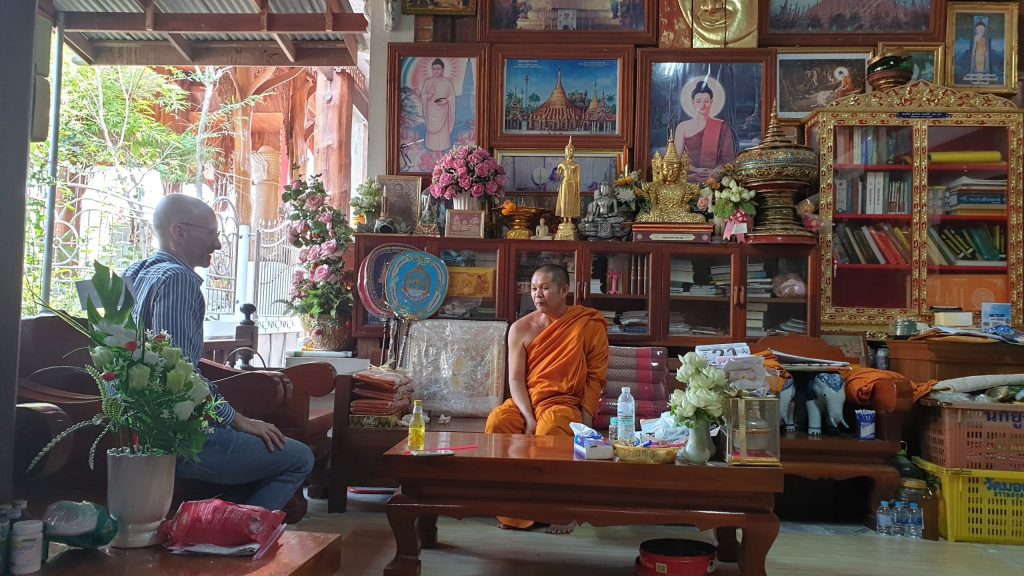
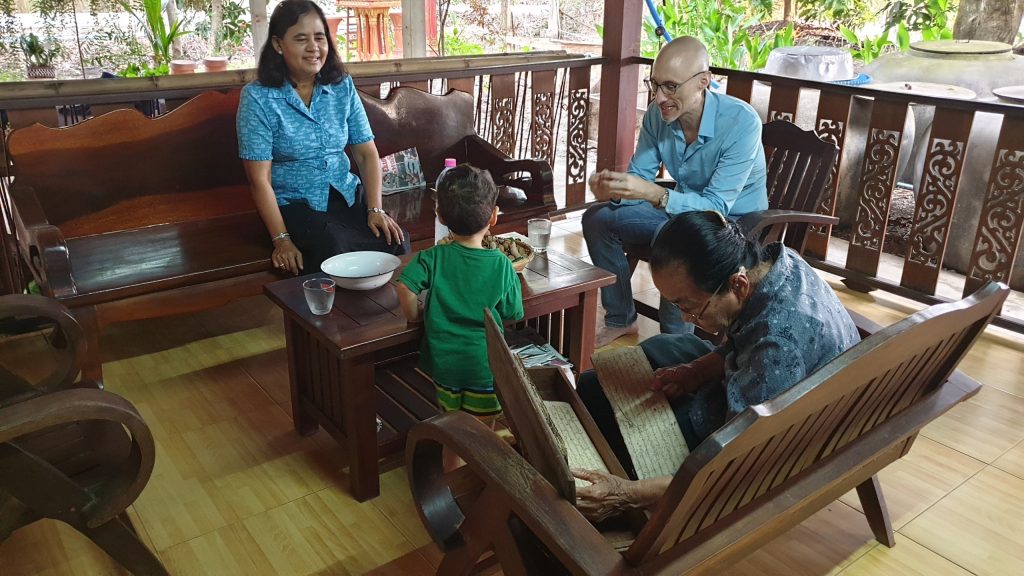
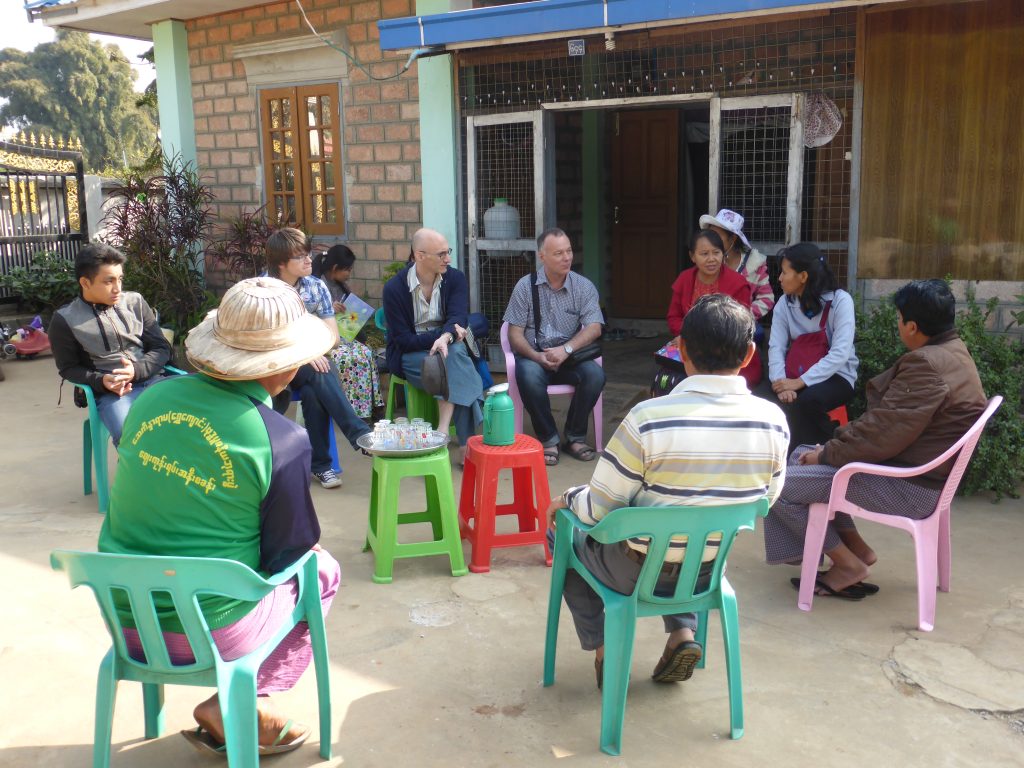
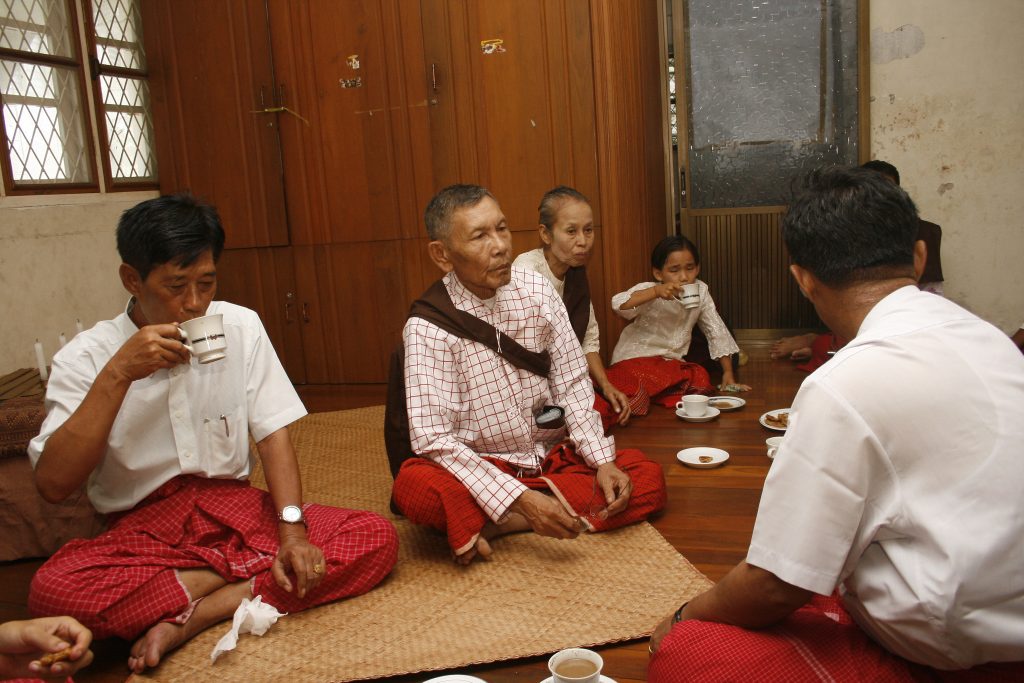
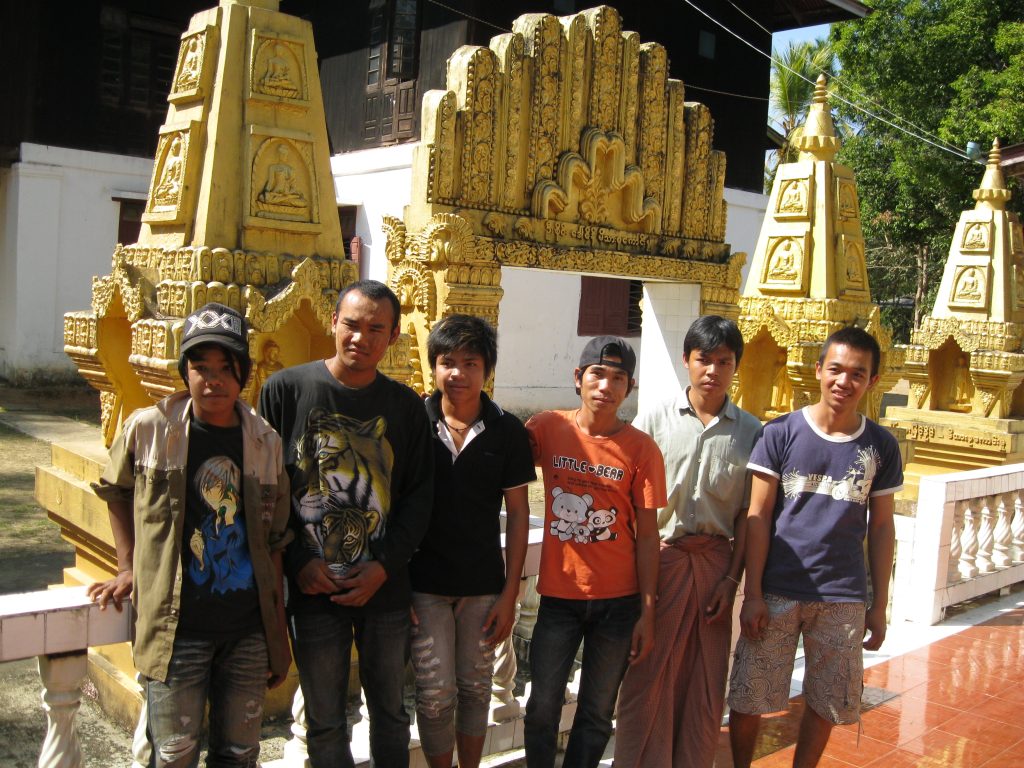
Have you had any difficulties in putting together the results of your research into a research paper or book?
I have had many challenges over the years. When you have experienced a lot or have a lot to say, it is hard to trim things down or leave them out. When you can see the complexity of a situation or a phenomenon, it takes a lot of practice to learn what to leave out, and how to express yourself in a way that your audience can understand and appreciate. Another temptation is to write a book that is “Everything I know about Burma,” as I joke with a friend of mine who has similar research experiences.
Something that I’ve learned is to think about my audience in my writing. What will they want to know? How can I help them understand? As a young writer, it’s very easy to focus on what I want to say, and what I think is interesting instead.
I have been working with two writing coaches. It has helped me a lot. One of them in particular has helped me look at my own perfectionism, and how for people of my background (white Americans), the impulse can be very strong. She even helped me see that perfectionism can be tied up with white supremacy, which really surprised me. It’s very subtle and subconscious. The idea is that we must be perfect, so that we aren’t like them…
Can you share with us an episode about any influential people, things, and places you have encountered whilst doing your research?
I only went to public universities, so I generally didn’t come across the really big name, famous academics, or rather, the kinds of academics that people make a big fuss over. Not that the work of the people who trained me wasn’t influential or important! Intellectually, so many of my encounters have been through what other people have written. I was able to chew on their ideas slowly and let them sink in.
I have occasionally then met one of those famous academics in real life. If I’m only chatting with them for a few minutes, or meeting them in a group, there’s little possibility for developing a rapport. Or sometimes I’ve thought, “Man, what a big ego this guy has….”
Which books or people have influenced you?
When I was at the University of Washington, there were so many people who pushed me and mentored me. I’ve kept in touch with most of them. My advisor Laurie Sears was one. Even though she wasn’t a Burma specialist, she believed in my work and helped me see the value in what I did, but also pushed my thinking forward. I’ve had so many language teachers who have been so patient and generous, like John Okell and U Saw Htun, both of whom also helped me think deeply about Burmese as a language. I also want to mention Richard O’Connor, whom I heard speak during the summer of 1996 and whose ideas got me thinking. We have a tradition of spending an hour or two together whenever we can meet at the Association for Asian Studies conference. He listens to me but is also a generous intellectual mentor.
What is your ideal image of a researcher?
My ideas have changed a lot. When I was younger, I had a lot of unhelpful and unrealistic images in my head. Especially in the US, there is this cult of the “scholar genius,” who is almost always a man. He goes off into the field by himself, he speaks lots of languages, he has authentic experiences, he has been “over there” for so long he is practically a native, he has a fantastic job at a first-rank university and so always has funding, his books win awards.
None of that is realistic or sustainable, for so many reasons, not least of which because that vision of academic “success” has become infinitely more out of reach than ever before. Now that I’ve reached a certain age, I try to mentor some younger scholars and tell them specifically not to compare themselves to the scholars they read, or to think that those scholars had everything all figured out, or that if you can’t be like them, there’s no point to doing your work.
So my ideal would now be someone who is not overly ambitious, someone who does their best to learn local languages (I don’t want to read anything by another Burma or Thailand expert who speaks neither of those languages—and I don’t just mean enough for ordering food), and someone who is open and honest.
What is your must-have gear for field research and writing?
I wouldn’t consider my work as a historian “fieldwork,” because it was just me talking to people where I lived. When I’ve done linguistic research, I’ve had to make recordings, so a good recorder and microphone were crucial. Even more so was a quiet place to make the recordings, which is not always easy to find in Southeast Asia. Working with men is one thing, but what do you do when you are working with women informants? You can’t just say, “Please come to my home.” So having a woman colleague or assistant or friend, especially when I was working with strangers, was very helpful.
For writing, the ideal is a good laptop, a big external monitor, and an office, or failing that, a quiet coffee shop. Instrumental music is also helpful, as is of course tea!
What would you say to people who want to become researchers?
Listen, learn, be open. Do research on something that really inspires you, because research involves a lot of time and heartache. It’s okay to be confused and discouraged—that probably means you are getting somewhere. It’s important, though, to seek out guidance or help when you feel like it’s all impossible.
Be aware: you cannot always take what people tell you literally. Analyze, and tell us what you think. Some younger people think it’s the right and ethical thing to just repeat what people in the field tell them without any critical framing or analysis. I find this dangerous and naïve.
Be aware of how people perceive you, because your race and gender and nationality do matter, though some of my European mentees do not want to hear that. If you yourself are Asian and are working in Asia, you will have a very different experience from what I have had. It’s important to understand how locals perceive us as researchers, who are usually of another race and nationality, and how they may want to please us, or make themselves look good, or alternately, may want to get us on their side and have us perceive them in a certain way. It takes practice to understand these things.
What ambitions do you have for the future?
I would like to finish some of the books and articles that I’ve been thinking about. If I can do that, I’ll be happy.
(June 2022)
Patrick McCormick is a Visiting Research Scholar of CSEAS
from April – September 2022